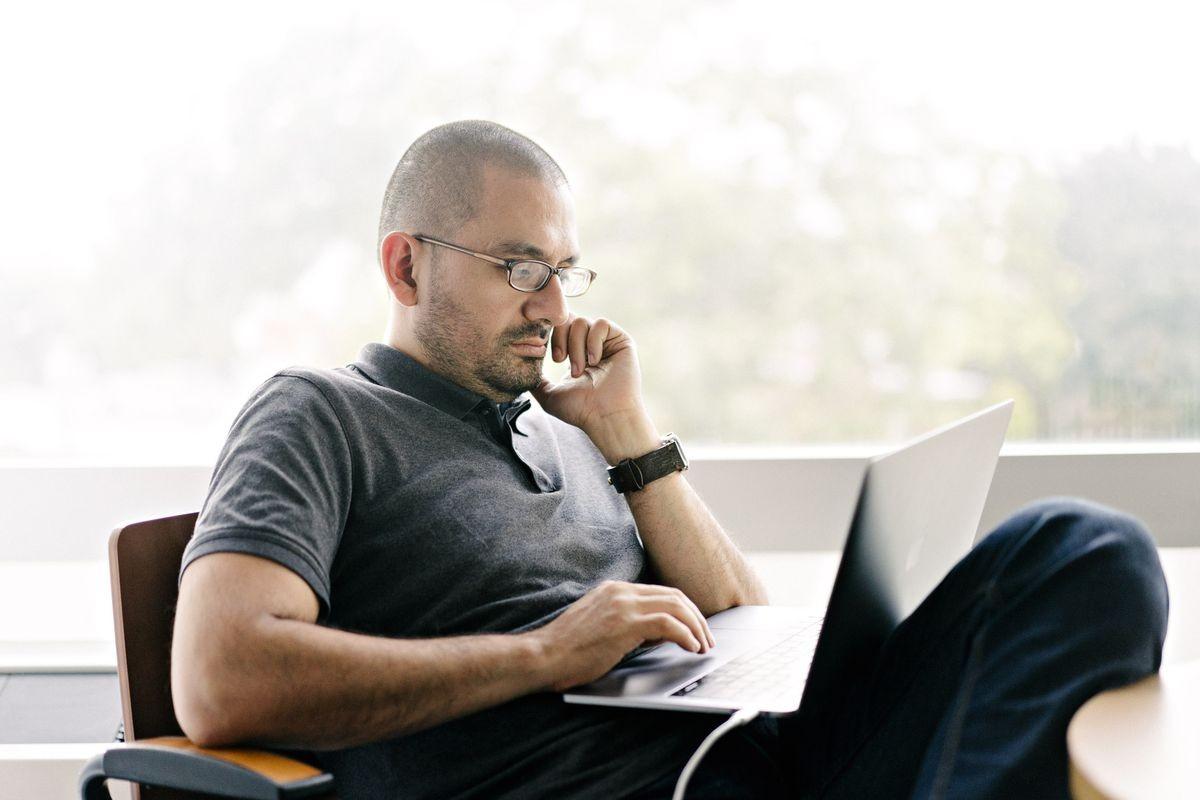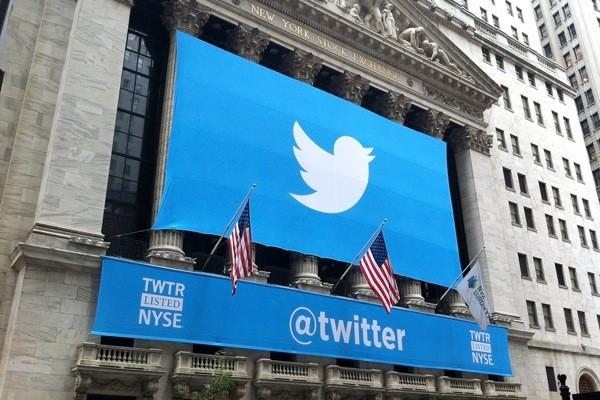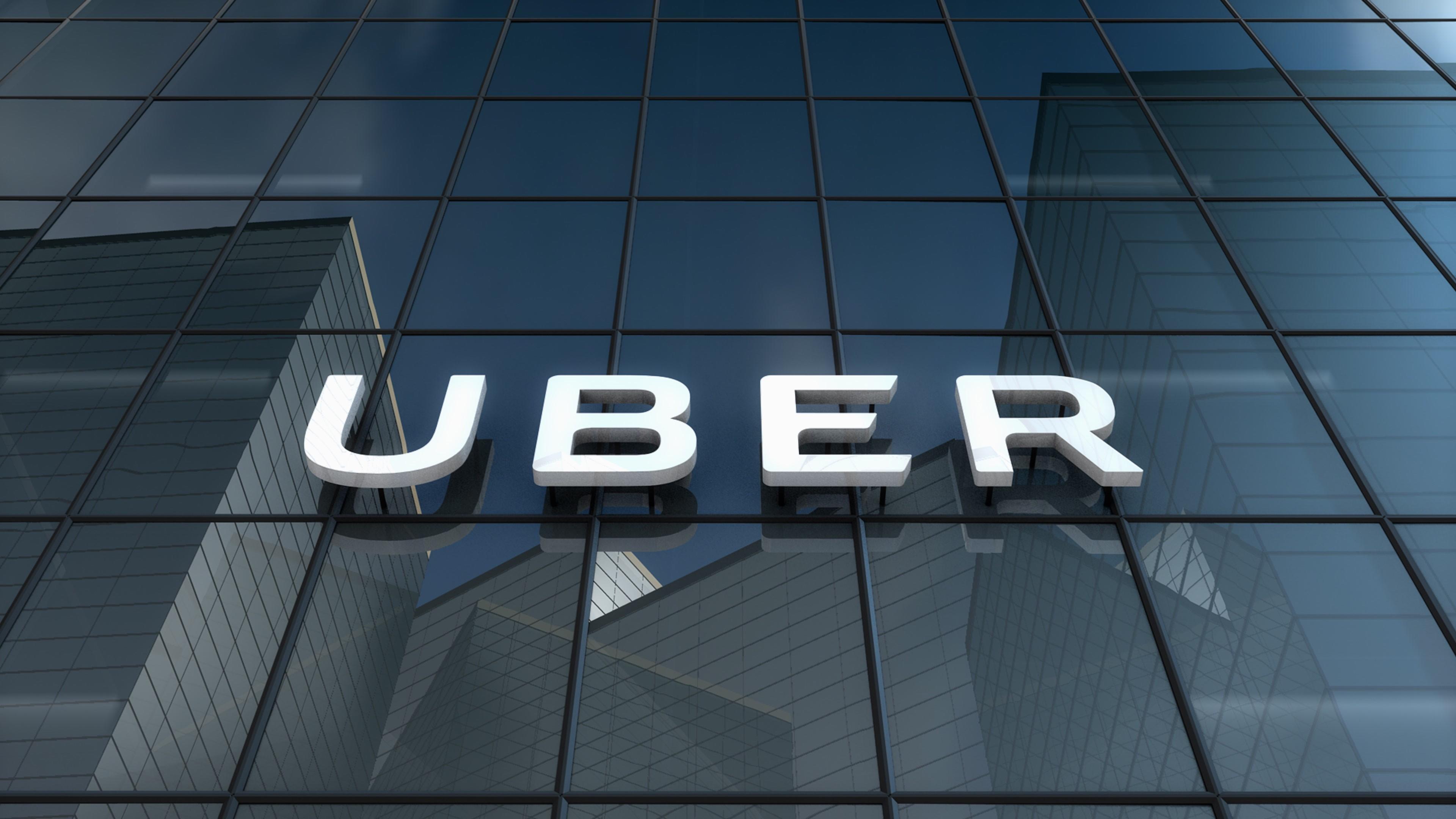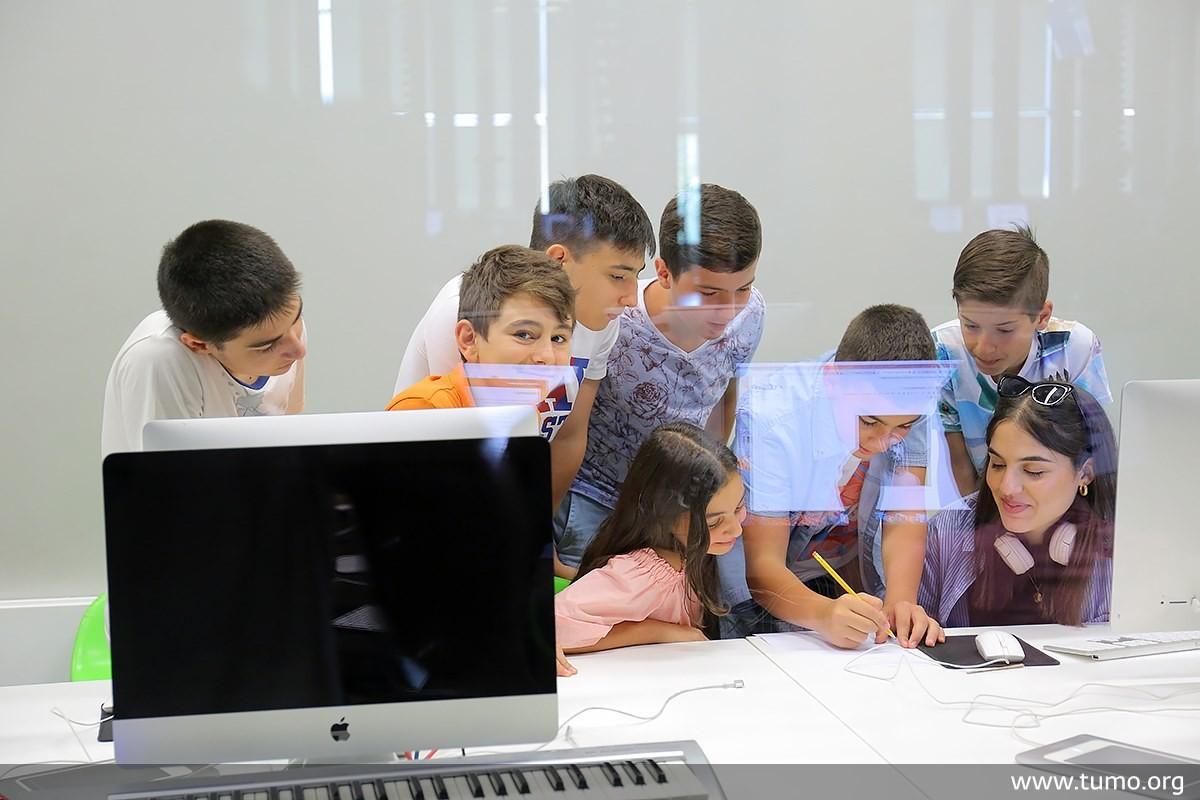
Morning Coffee with Raffi Krikorian: On Twitter, Uber, Politics and Everything in Between
Edited by Katrina Shakarian
Whether managing the team that repowered Twitter, leading the charge towards self-driving cars at Uber or maximizing political reach at the Democratic National Committee, Raffi Krikorian has forged a career combining two of his personal passions — technology and making the world a better place.
Last October, the New York City native and MIT-graduate was in Armenia making his rounds for Tech Month. On a rainy morning between the World Congress on Information Technology and FAST Foundation Summit, Krikorian sat down with Hetq to discuss Armenia’s burgeoning tech scene and his personal ascent in the industry, including his current role as Managing Director of the Emerson Collective.
Describe your role as Vice President of Engineering-platform at Twitter.
When I joined Twitter, I was about the 50th employee. It was still a small team thinking about how to grow Twitter to be a force in the world. They were transitioning between CEOs, specifically, to focus on growth and making the platform a big thing in the world. So, my mission was to build a system that would be responsive and manageable, to deliver services that Twitter users needed. In a short period of time, I grew my team and we built the entire infrastructure that powered Twitter. We re-examined every line of written code and rethought how to scale all of our systems. It took us two years to do this re-architecture.
At that time, Twitter grew from 50 to 3,000 people and my team grew from 1 to 500 people. It was a humbling experience to be part of that massive growth and to think, not only about technology, but also the team and how to hold them together under fast-changing circumstances. There is a difference between being a member of a small team and being the leader of a decent percentage of Twitter’s staff. Out of 3,000 people, 500 worked for me. Surviving that kind of growth — starting as an engineer and then quickly becoming a part of the executive team — was an interesting and super challenging experience.
Why did you leave Twitter?
I quit my job for two reasons. First, I was tired. Second, I did everything I had set out to do. We had made Twitter reliable and its management cost-efficient. I’m not saying I was done, but we reached some major milestones. So, it seemed like a good time to leave.
When I left Twitter, a part of me never intended to work again. Those five years at Twitter were the most intense of my life. I’ll never do anything like that again. I ended up taking six months off because I really needed rest. I needed time to remember who I was as a person. I also have a wife and two kids and everything is a matter of priorities. Time spent with them is my priority right now.
My time at Twitter was something I’ll never regret. I learned so much in that intensity. There is something about surviving a storm that prepares you for other things. I was able to do it at that point in my life. If you are younger and can afford to spend time working on a problem intensively and see what you can get out of it, you should do it. But never on the account of your health. You should sleep, eat, exercise — it’s about self-care.
How did you become Senior Director of Self-Driving at Uber?
When I left Twitter, I ended up in Pittsburgh, Pennsylvania. Six months later, it turned out that Uber was opening a center there. Through a bunch of coincidences, I got connected to the leadership and received an offer. It was a kind of unknown position at the time. No one knew exactly what to do with me.
There was Uber’s 1-year-old self-driving car team — everyone had a Ph.D. in robotics and had been working together on different projects for about a decade. I had no Ph.D. in robotics, but I was the person with experience in product and running a very large team. So, I took a senior role in building teams and advising leadership. In the beginning, I was in charge of the software infrastructure that powered the cars — data centers, backend engineering, connectivity, everything except the robot itself. Then, I was the senior guy around helping to craft hiring processes and organizing in the background.
What motivated you to join Uber?
The main criteria for choosing a job is the mission and the problem. A self-driving car — this is super awesome, something that would fundamentally change the way cities are built. I had the feeling that it was going to have a huge impact on human life. That was my motive for joining Uber.
How did management at Twitter and Uber compare to each other?
Both at Twitter and Uber, engineering failure was treated pretty well. Everyone had the realization that it takes a certain number of months to build a project. So, your assumptions at the beginning of a project are different from those when you finish it. When you get to the end, it might not work and that’s normal. But let’s say upper-level failures are more problematic.
Twitter’s team was very experienced and I had the chance to learn a lot there. I would say Uber was much more hierarchical than Twitter was. During my time at Uber, the CEO was Travis Kalanick and everything was run by him. In my first few years at self-driving he was not very involved in what I was up to. I had the chance to manage the way I wanted to. Travis was a “just move fast today” kind of person. At one point he started paying attention to what I was running because he didn’t think we were moving fast enough. So, it's another experience when a person in my role — a leadership role — clashes with another person in leadership. Being that fast was dangerous and I didn't want to do it anymore. That’s why I quit my job at Uber.
What led you to become Chief Technology Officer at the Democratic National Committee?
I knew nothing about politics. On Trump’s Inauguration Day, I watched him become president and thought about quitting my job and finding one that helps get him out of office. In the past, I had turned down amazing opportunities to work in government. And I feel like, given the results of the election, that I had missed those opportunities and I wanted to help fix what was happening in the U.S.
Being a CTO at the Democratic National Committee means finding the right channels to “talk” to people and analyzing the situation for better planning. American politics is unique because they spend a lot of money on elections. So, it's basically about how you raise money, how you pursue people and how you make sure they vote. These are the top three things you do. My job was to use technologies to superpower that.
How did working in politics differ from working for tech companies?
The first challenge was that the language of politics is completely different. The second challenge was that tech is not as revered in politics as it is in IT companies. As a VP at Twitter or running self-driving at Uber, every department wanted to talk to me. In politics, no one wanted to talk to a person like me. For them the tech people are people around printers. So it took longer to reeducate them on what the technology team is.
In Silicon Valley, when we say “this isn't working,” it doesn't insult. It means we need to solve this problem right now. But when you say that kind of stuff in politics, everyone takes it as an insult. It took me six months to realize that I was insulting everyone. All in all, it took another six months to a year for me to learn how to talk to people and communicate the importance of the tech department and tech people in politics. I went through these challenges because I thought that we needed a different president and that was my way of contributing to the change.
What does being Managing Director at the Emerson Collective entail?
I joined the Democratic Party to get Trump out of office. I also hoped, naively, that I could impact the way technology is thought about in the U.S. It turned out that wasn't the case. It was purely about politics, which is fine. At the Emerson Collective, we think about immigration, healthcare, the environment, climate change. My job is thinking about how to use tech to our advantage and trying to make all those issue areas better. I spend a lot of time making tech investments, doing tech philanthropy stuff, and slowly trying to figure out how to build products that we can deploy to create change in those areas.
Why did you join the board of the TUMO Center for Creative Technologies?
It’s been almost seven years that I’m a Board Member at TUMO and it’s for the same reason that I’m at the Emerson Collective — there is nothing better than investing in kids and having an impact on social issues. TUMO is a free educational center for teenagers specializing in technology and design. It’s specifically set up to figure out how we can augment the education of children, renormalize it, make it normal for them to have access to amazing people from around the world that come and teach them. I view it as an investment in the future of the country.
In the U.S., my sister and I went to an Armenian school twice a week to learn the language and culture. All the books there were about Armenian villages. When I had the opportunity to come to Armenia six years ago, I remember coming to Yerevan expecting to see what I had read in those books. I remember calling my father and saying, “You didn’t tell me the whole story.” I didn't expect to see a big thriving city. My first meeting in Yerevan was at TUMO center. I was just puzzled. There is no place in the world that looks like TUMO. That’s when I became more interested in what it means to do tech ecosystem development in Armenia.
What are your impressions of the Armenian tech ecosystem?
There are some interesting technology companies that I would like to introduce to a global market and get investment for. I am interested in how we learn about this ecosystem, how this ecosystem fits, and what it takes to get from point A to point B. I feel like Armenia is set up around science and technology in such an amazing way, that if we mix it with global thinking and product design thinking, we can build game-changing products here instead of outsourcing.
 Videos
Videos Photos
Photos



Comments (7)
Write a comment